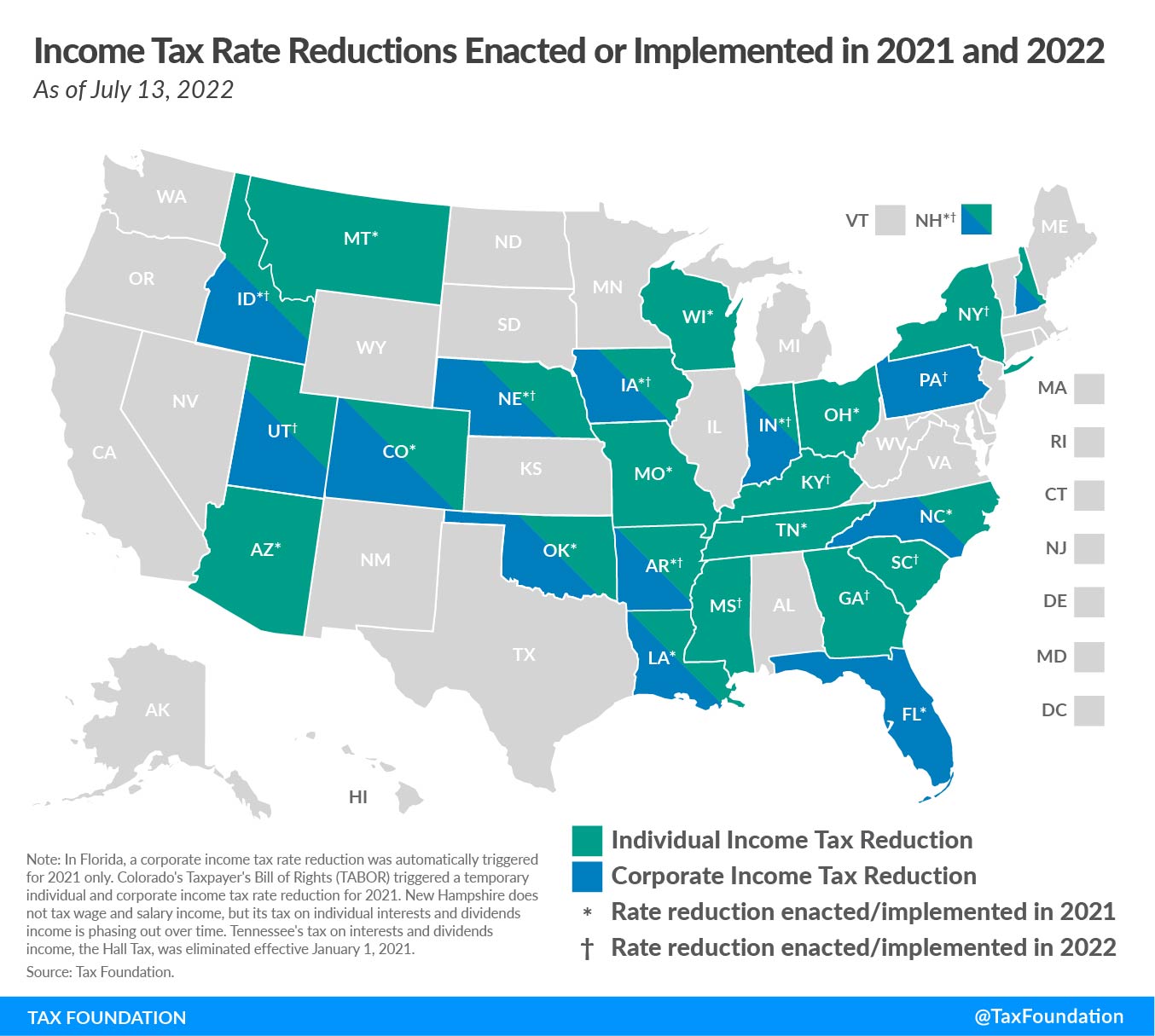Gas Tax Holiday: Understanding The Temporary Suspension

Governor Whitmer urges President Biden in letter to work with congress - Source wkzo.com
Editor's Note: Gas Tax Holiday: Understanding The Temporary Tax Suspension was published on [today's date]. This topic is important because it provides an overview of the temporary suspension of the gas tax, its potential benefits, and its impact on consumers and the economy.
After analyzing and gathering information, we have compiled this Gas Tax Holiday: Understanding The Temporary Tax Suspension guide to assist our target audience in making informed decisions.
Key Differences or Key Takeaways:
| Feature | Description |
|---|---|
| What is a gas tax holiday? | A temporary suspension of the tax levied on gasoline. |
| What are the potential benefits of a gas tax holiday? | Lower gas prices for consumers, reduced transportation costs for businesses and consumers. |
| What are the potential drawbacks of a gas tax holiday? | Reduced revenue for government, potentially leading to cuts in public services or increased deficits. |
| How long will the gas tax holiday last? | The duration varies depending on the specific policy implemented. |
Transition to Main Article Topics:
FAQ
The Gas Tax Holiday: Understanding The Temporary Tax Suspension discusses the temporary suspension of the federal gas tax and its potential impact on consumers. To provide further clarity, we have compiled some frequently asked questions and their answers.

2022 State Tax Reform & State Tax Relief | Rebate Checks - Source taxfoundation.org
Question 1: What is the gas tax holiday?
The gas tax holiday is a temporary suspension of the federal excise tax on gasoline and diesel fuel. This suspension aims to reduce fuel costs for consumers and provide relief amid rising inflation.
Question 2: How long will the gas tax holiday last?
The gas tax holiday is set to expire on September 30, 2022. However, its potential extension remains uncertain and subject to legislative action.
Question 3: How much will the gas tax holiday save drivers?
The amount of savings from the gas tax holiday varies depending on factors such as fuel consumption and location. On average, drivers could save around 18.4 cents per gallon for gasoline and 24.4 cents per gallon for diesel.
Question 4: Will the gas tax holiday impact the Highway Trust Fund?
Yes, the gas tax holiday will temporarily reduce revenue for the Highway Trust Fund, which supports federal highway and public transportation programs. Alternative funding mechanisms are being explored to mitigate the potential impact.
Question 5: How will the gas tax holiday affect state and local gas taxes?
The gas tax holiday only applies to the federal gas tax. State and local governments have the authority to determine their own gas tax rates, which may or may not be affected by the federal suspension.
Question 6: What are other potential implications of the gas tax holiday?
While the gas tax holiday is intended to provide short-term relief for consumers, it also raises concerns about potential impacts on long-term transportation infrastructure investment, fuel efficiency incentives, and environmental initiatives.
The gas tax holiday is a complex issue with a range of potential implications. By addressing these common concerns, we hope to provide a clearer understanding of its impact and encourage informed discussions on its merits and potential drawbacks.
Next, we'll explore the "What is the Highway Trust Fund?" article to learn more about the fund's role in transportation infrastructure and the challenges it faces.
Tips
The Gas Tax Holiday: Understanding The Temporary Tax Suspension provides immediate relief at the pump, but its long-term effects on gas prices and broader economic conditions remain uncertain.
Tip 1: Understand the scope of the tax suspension: The tax suspension applies to federal taxes on gasoline and diesel fuel, which amount to 18.4 cents and 24.4 cents per gallon, respectively.
Tip 2: Check your local gas prices: While the tax suspension reduces federal taxes, gas prices are determined by various factors and may not decrease uniformly across the country.
Tip 3: Consider potential impacts on overall inflation: The tax suspension may temporarily reduce gas prices, but it could also lead to increased demand and potentially higher prices in other sectors.
Tip 4: Be aware of potential revenue shortfalls: The suspension of gas taxes reduces government revenue, which could impact funding for transportation and other critical services.
Tip 5: Explore alternative fuel options: While the tax suspension may provide some immediate relief, it doesn't address the underlying issue of high fuel costs. Consider exploring alternative fuel options that can reduce long-term fuel expenses.
Summary of key takeaways or benefits: The tax suspension offers temporary relief at the pump but has uncertain long-term effects and potential economic implications.
Transition to the article's conclusion: Analyzing the broader impacts of the tax suspension requires ongoing monitoring and evaluation to assess its effectiveness and potential consequences.
Gas Tax Holiday: Understanding The Temporary Tax Suspension
A gas tax holiday is a temporary suspension of fuel taxes, typically implemented to provide relief to consumers facing high gas prices. Six key aspects to consider include: impact on revenue, consumer savings, inflation, environmental concerns, government spending, and political implications.
- Revenue Impact: Loss of tax revenue for government.
- Consumer Savings: Lower gas prices for consumers.
- Inflation: Potential to contribute to inflationary pressures.
- Environmental Concerns: Encourages increased fuel consumption.
- Government Spending: May necessitate cuts in other areas to compensate for lost revenue.
- Political Implications: Can be a popular measure but may face opposition from environmental groups.

Rhode Island Tax Guide - Source www.inkl.com
Balancing these aspects is crucial. While consumer savings and political popularity are important, the potential negative consequences on revenue, inflation, and the environment must be carefully weighed. Gas tax holidays should be implemented with a clear understanding of their impacts and should be carefully evaluated to determine their effectiveness and long-term consequences.
Gas Tax Holiday: Understanding The Temporary Tax Suspension
The suspension of the federal gas tax, a temporary measure implemented to provide relief to consumers amid rising fuel prices, has sparked considerable debate regarding its efficacy and long-term implications. This article delves into the connection between the gas tax holiday and various aspects of the economy and consumer behavior. Understanding this connection is crucial for assessing the potential benefits and risks associated with extending or repealing the suspension.

N.B. premier, Ottawa at odds over compensation for tax holiday | CBC News - Source www.cbc.ca
One of the primary effects of the gas tax holiday is its impact on consumer spending. By lowering the cost of fuel, the suspension provides additional disposable income to consumers, who may use these savings to increase spending in other sectors of the economy. This effect can stimulate economic growth, particularly in industries such as retail, hospitality, and transportation. However, the magnitude of this impact is dependent on the duration and extent of the tax suspension, as well as the overall economic climate.
Another important consideration is the environmental impact of the gas tax holiday. Critics argue that reducing the cost of fuel could lead to increased consumption and carbon emissions, undermining efforts to mitigate climate change. On the other hand, proponents contend that the holiday may provide an impetus for consumers to transition to more fuel-efficient vehicles or adopt public transportation. The long-term effects on fuel consumption and emissions remain uncertain and require further analysis.
The gas tax holiday also presents challenges for state and local governments. A significant portion of transportation infrastructure funding is derived from fuel taxes. Suspending these taxes can create funding shortfalls for road maintenance, public transit, and other essential services. Finding alternative sources of revenue or reducing spending may become necessary to compensate for the loss of tax revenue.
Conclusion
Understanding the connection between the gas tax holiday and its various effects is essential for informed policymaking. While the suspension may provide temporary relief to consumers, it is crucial to consider the long-term implications for economic growth, the environment, and government finances. Further research and analysis are needed to fully assess the costs and benefits of extending or repealing the tax holiday, ensuring a balanced approach that addresses both short-term and long-term considerations.
The decision on whether to continue the gas tax holiday should be based on a comprehensive understanding of its potential impacts, with consideration for the broader economic and environmental context. By weighing these factors carefully, policymakers can make informed choices that support sustainable economic growth, protect the environment, and ensure adequate funding for essential services.



